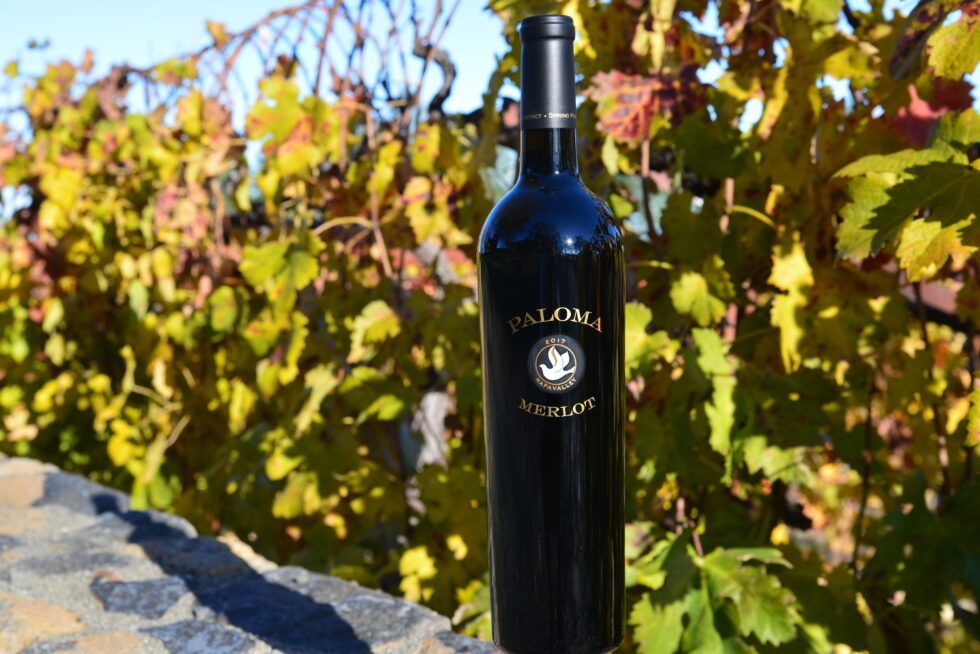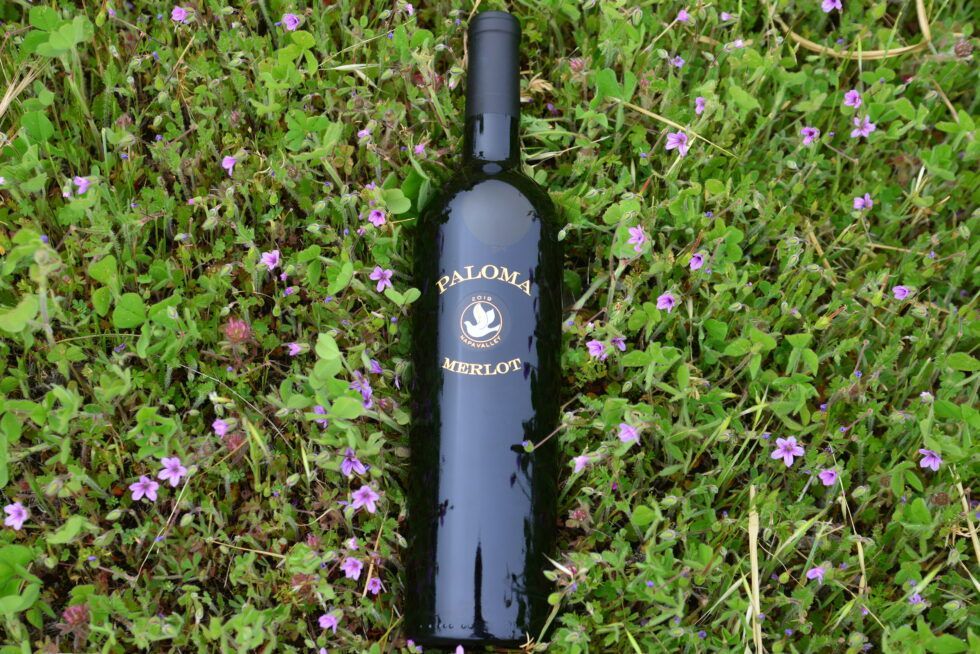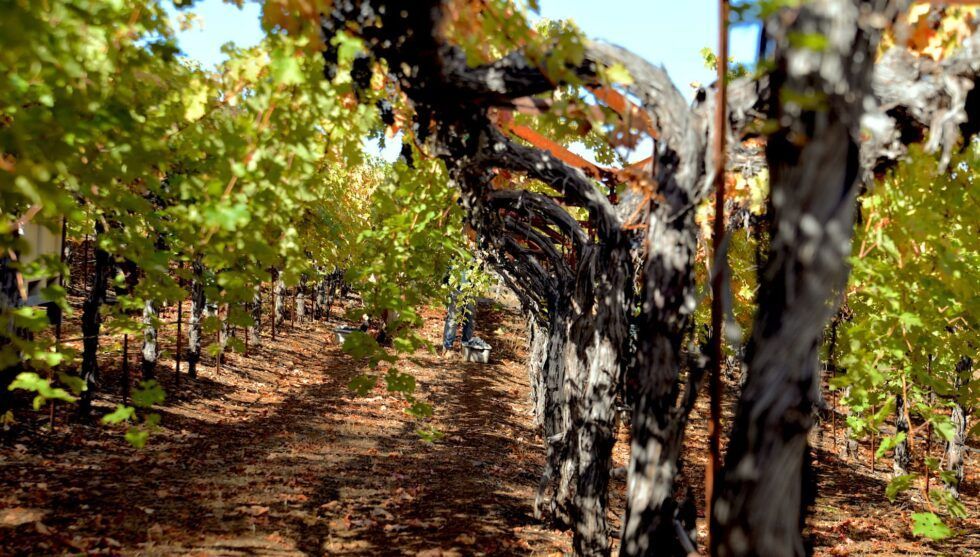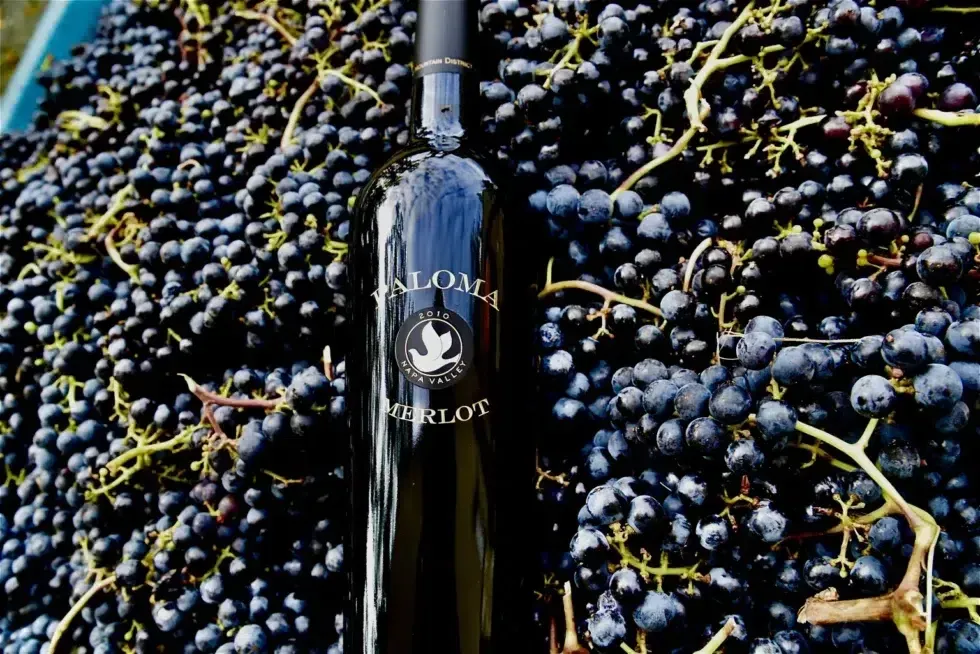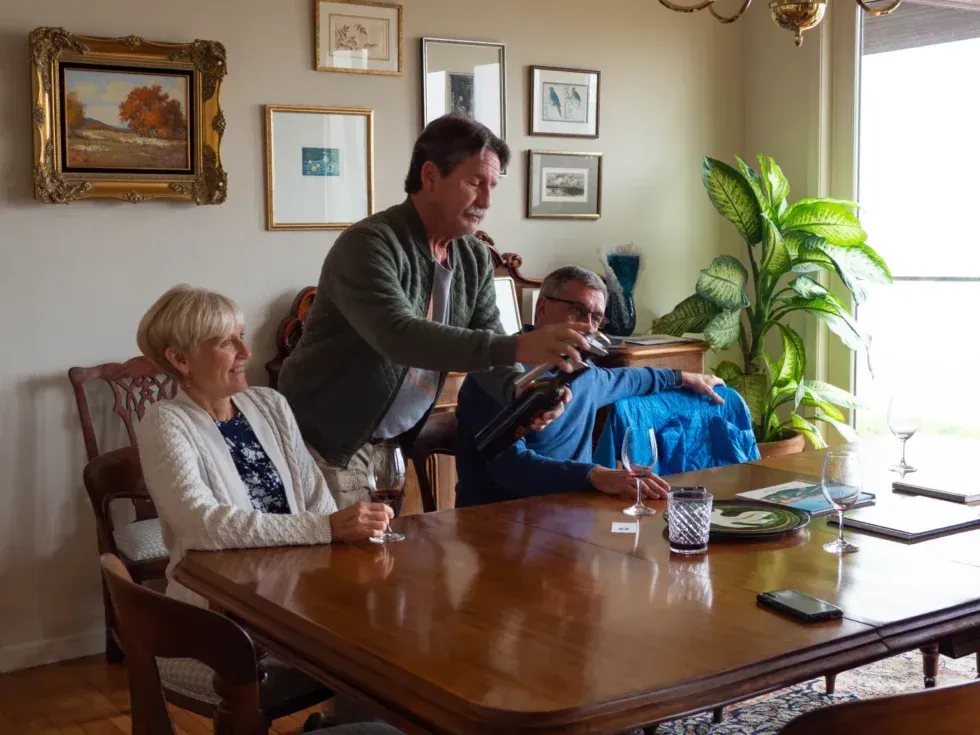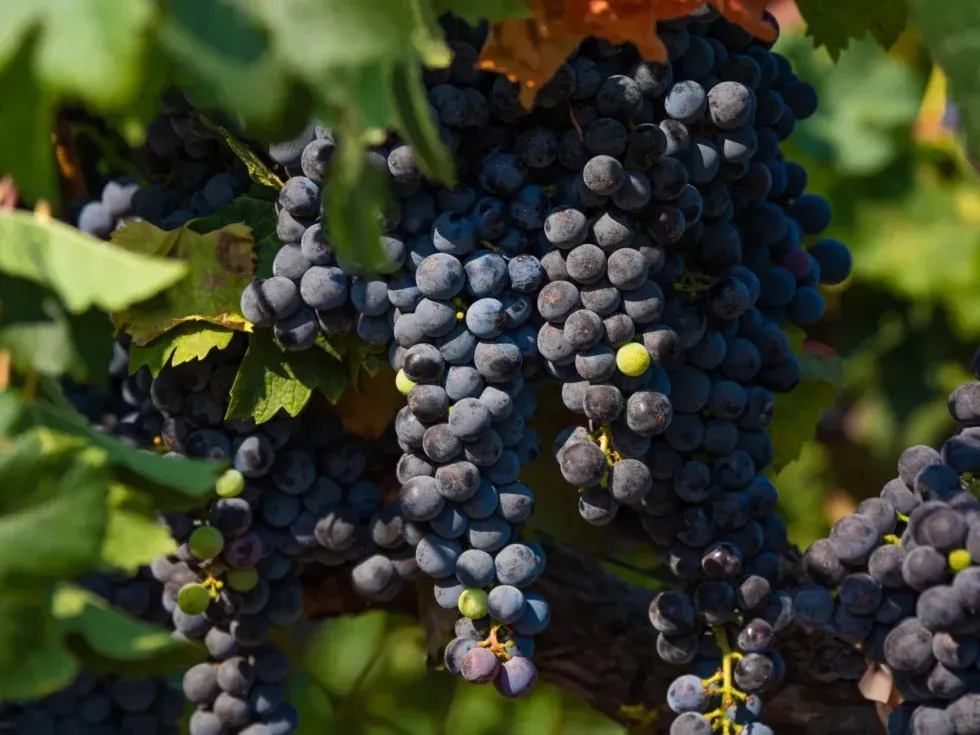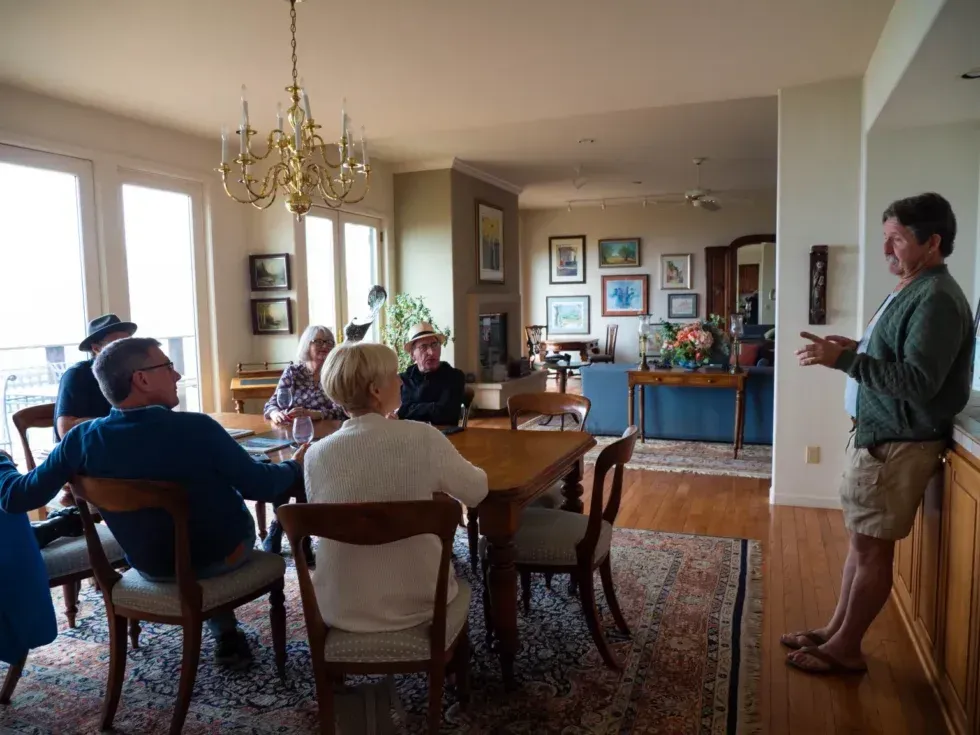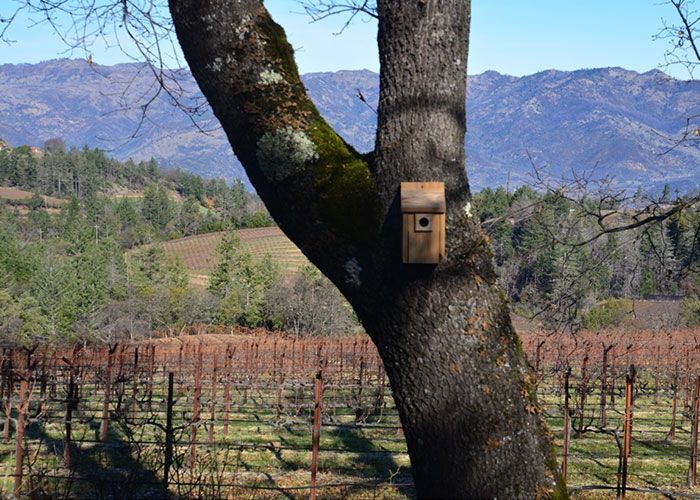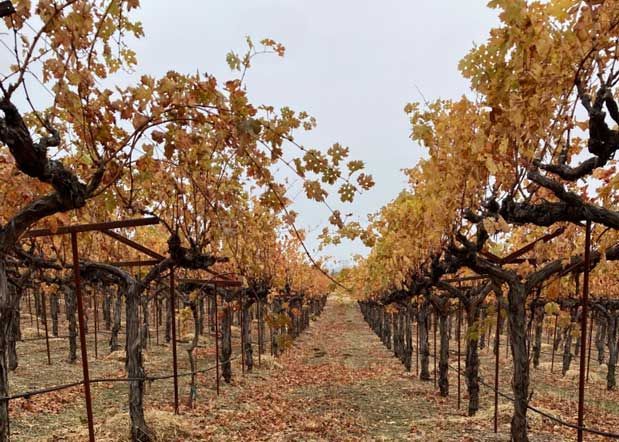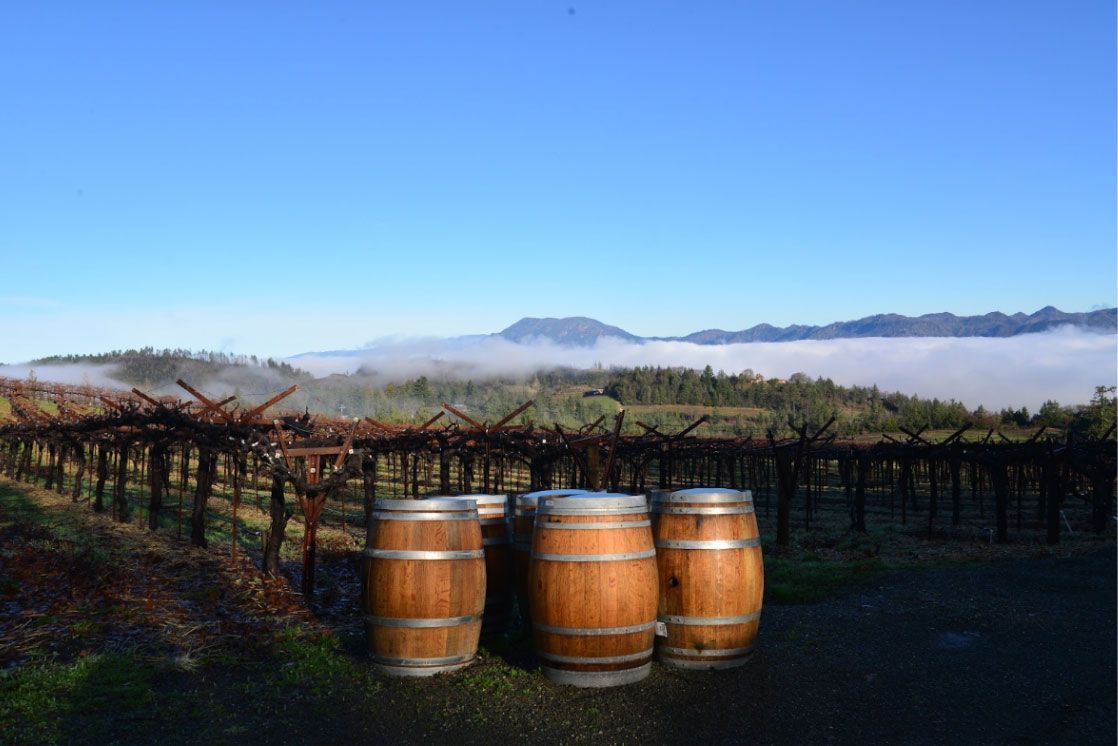What is Sweet about Red Wine? Is Merlot Sweet?
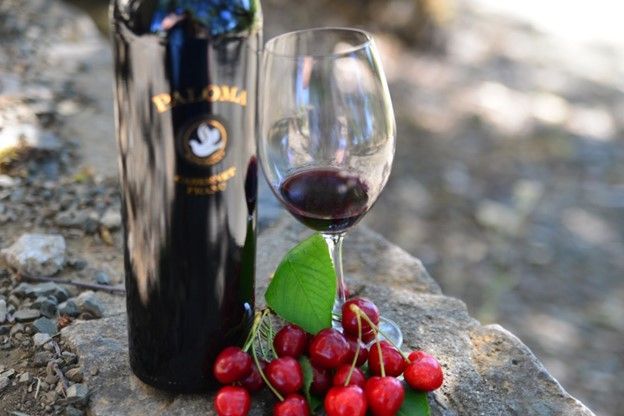
In the tasting room, people occasionally refer to red wine as sweet. Winemakers often find this statement worthy of correction; almost all reds are made to be dry. So what does the customer mean when they say is merlot sweet ? Although taste is subjective, let's dive into this flavor inquiry.
When a winemaker adds yeast to begin fermentation, the yeast feeds on the sugars in the grapes. This “chemical process” is what creates alcohol. Picture yeast as a little Pac Man eating all the sweetest parts of the grapes. Those little yeasty Pac Men digest the sugar and poop out alcohol. A winemaker’s job, in part, is to create an environment for the yeast to thrive. For example, if the yeast gets too cold, it will stop working and go dormant. This is how a winemaker can control how sweet they want the wine to be.
So when a winemaker hears someone comment on the “sweetness” of their dry red wine, they have a hard time not correcting the person.
More often than not with red wines, the “sweet” flavor the person is referring to is a ripe fruit flavor. Here in Napa Valley, we are fortunate to grow in a relatively hot climate. Therefore, winemakers are able to get grapes as ripe as they want.
Paloma winemaker, Sheldon Richards, equates it to a peach. If you taste peaches in the grocery store, they are often picked before they are ripe. Fruit companies do this to avoid spoilage during transportation. It also means the remaining ripening happens off the vine and quality suffers. But when you have a peach tree in your backyard, you are able to pick the peach when it is exactly ripe for picking. And anyone who has had a fresh peach off the tree, or any fresh fruit or vegetable for that matter, can attest to how much better it is!
Living onsite at Paloma affords Sheldon the opportunity to know exactly when the grapes in our fourteen acre vineyard are ripe.
So the“sweet” fruit flavor a person tastes is really evidence of our picking choices for that growing year. Whether you like a wine that tastes, as we say in wine language, fruit forward, is completely up to you. Again, wine tasting is subjective. If you are listening in on a tasting at Paloma, you are likely to hear Sheldon mention that the flavors you smell and taste are what you see in your mind's eye.
